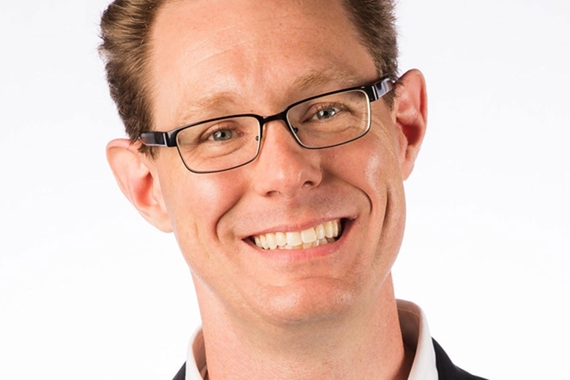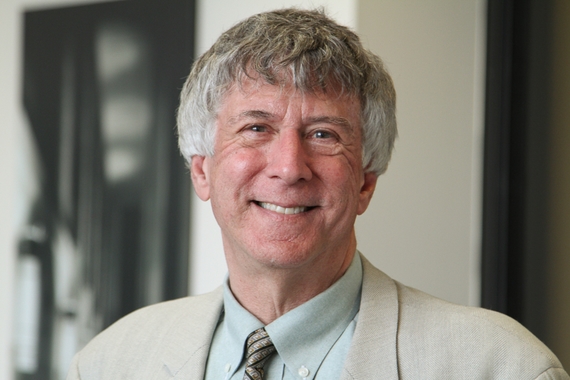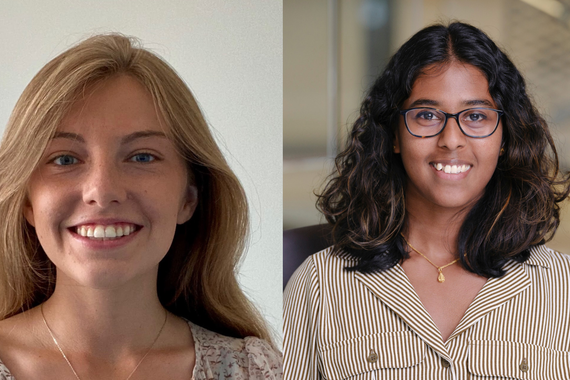Snyder on Human Connection
Two years into the pandemic, many of us have questioned our relationships and what community now looks like. A New York Times article titled, “Is Life Better When We’re Together?” explores this idea of human connection and what it will be like post-Covid.
In the piece Mark Snyder, PhD, McKnight Presidential Chair in Psychology in the Department of Psychology at the University of Minnesota, shares the messages of his research on how volunteering (to help others in need, to participate in neighborhood groups, to work for social causes) can build a strong sense of community. In so doing, volunteering creates and strengthens human connectedness that creates a feedback loop in which, in turn, connectedness promotes volunteering and other forms of social action. Snyder continues by pointing out that bonds of togetherness can, at times, be hard to predict and their consequences difficult to control, with the possibility that, in the same ways that connectedness can promote socially valued actions, there may be times when connectedness will operate in the service of anti-social ends.
Read more on the benefits and costs of human social connection, as well as the evolving nature of community, at the New York Times.
Composed by Flora Pollack, communications assistant.


